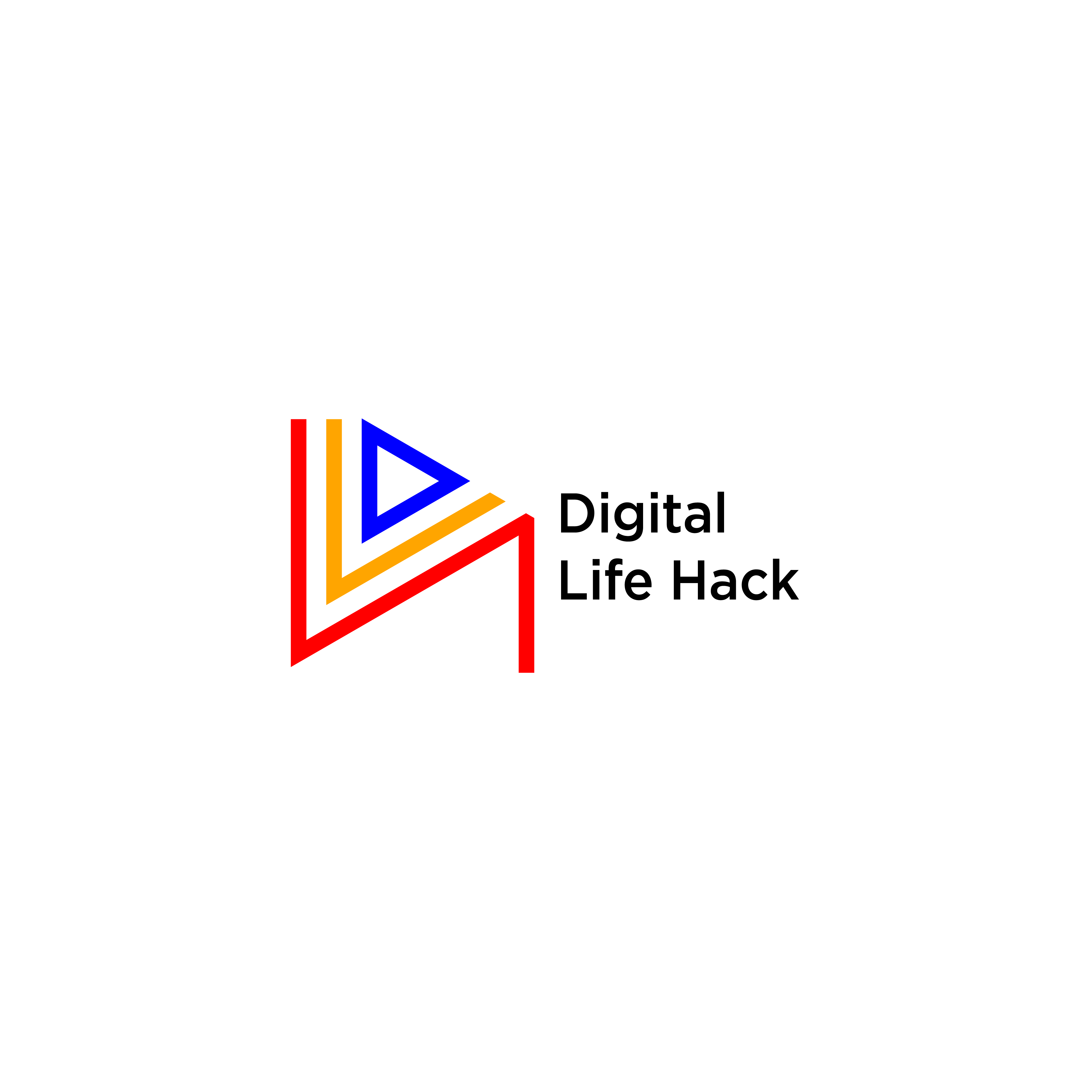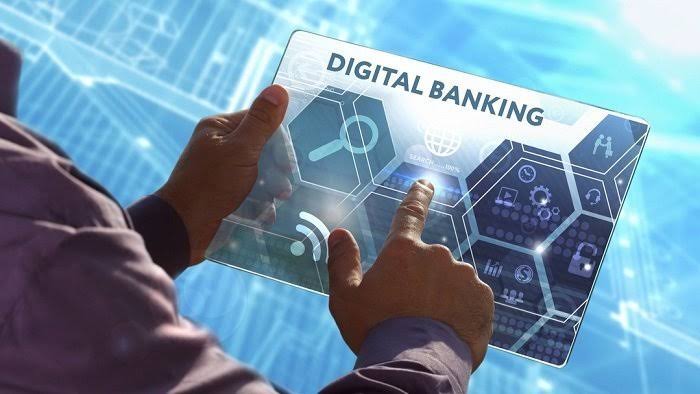When you hear the word digital citizenship what do you think it means? The first time I heard the word digital citizenship; I thought it meant online citizenship, which is not completely wrong.
Digital citizenship is simply the ability of a person to understand and effectively use digital technologies to establish communication with other people.
If you are surprised by the definition, then you are not the only one! Digital citizenship is all about using technologies to build up communication with people and participate in societal events.
Furthermore, digital citizenship is the legal or proper use of information and data by people as patriotic citizens of the online community.
The image of the digital global world is constantly polluted by internet fraudsters, cyberbullying, pornographic images, cybercrime, and other menaces.
Therefore, the need for digital citizenship education is needed now more than ever. Digital citizens need to receive proper education on what is accepted and what isn’t.
Proper knowledge about the rules and norms guiding the digital community, will lead to a generation that uses digital technologies to solve problems rather than creating more societal issues.
Before we talk about the countries that engage in digital citizenship, let’s briefly discuss the elements of digital citizenship.
Elements of digital citizenship
Oxford dictionary defines an element as an essential part of something or a characteristic. Therefore, elements of digital citizenship are simply the key characteristics or features that make up digital citizenship.
There are three foundational or core principles of digital citizenship. These core principles give rise to 9 elements of digital citizenship. Each core principle contains three elements.
-
Respect
It contains digital etiquette, digital law, and digital access. As a patriotic citizen of the digital community, it is your duty and obligation to respect other digital users.
-
Educate
It’s made up of the elements of communication, literacy, and commerce. To establish effective communication with other digital users which is the aid of digital citizenship.
The primary user needs to learn about the proper working of digital technologies.
-
Protect
The principle “protect” contains the elements of health, security, right, and responsibilities. Users must have prior knowledge about their role’s obligations, and certain measures they need to put in place to protect them from internet criminals.
The nine elements include;
-
Digital access
Digital citizenship is more than an online communication those chats, make posts and like each other’s posts.
It is a movement that advocates for others that do not have access to digital devices or other forms of technology.
-
Digital rights and responsibilities
This is all about the right way to behave as a digital citizen. Every good digital citizen has the role of supporting their community’s recent innovations.
-
Digital etiquette
In simple terms, these are the ethics that guide digital citizenship. It simply states that you must treat people the way you expect them to treat you.
Digital citizens should be knowledgeable of how their comments or engagements affect fellow users in the community.
-
Digital security
Digital citizens should note that there are quite a number of people who seek to hack people’s devices in order to steal information.
It is important to protect yourself with a strong password. Also, the use of antivirus to protect digital devices is very essential.
-
Digital health and wellness
A good digital citizen knows that what they post can affect people negatively and positively.
Therefore, they ensure that they watch what they say to people.
Physical bullying, as well as cyberbullying can, affects the recipient negatively leading to psychological trauma.
-
Digital laws
There are several laws that guide the usage of different digital tools. Users should be able to abide by the rule or instructions governing the usage of digital technologies.
A lot of information is present on the internet, users must be aware that the usage of this information has a process. The wrong usage of information leads to copyright issues or plagiarism.
A good digital citizen will not engage in digital criminal activities that are against the digital laws. They should be fully aware of these crimes including; cyber theft, fraud, cyberbullying, and others.
-
Digital commerce
Technology is an ever-advancing movement, digital citizens should flow with the movement of digital technology.
E-commerce platforms are no longer newbies in the digital world. Anyone can start at their house and other goods and have them delivered to them at home.
Digital citizens need to learn about the pros and cons of an e-commerce site. Shopping online is stress-free and fun, however, it is also risky.
A good digital user should purchase products from renowned and trustworthy sites. He/she should also be extremely careful about the kind of private information they give out.
-
Digital communication
In our everyday life, we need to communicate with one another to pass a message. Without effective communication, no major or major global feat will be achieved.
In the digital community, it is very crucial, and relevant to implore the right digital tools to ease the communication presence.
There are different ways to communicate in the digital community, they include; instant message apps and social media.
Digital citizens should have a proper idea of what particular communication tool for different processes and how to use them.
Furthermore, the continuous growth of technology has led to the introduction of emoticons, stickers, and gif on communication platforms,
A good digital citizen should know what time is appropriate to make use of them.
-
Digital literacy
In every sector of life, education or prior knowledge is very important. To be a good citizen, the individual must be properly aware of the adequate functioning of certain digital devices.
Digital users should be able proper make good use of digital tools in achieving a given task.
An illiterate is some with little or no useful knowledge about a particular concept. Therefore, an illiterate digital user is of zero or no importance to the digital community.
The individual is also at a high risk of falling victim to digital criminals.
Conclusion
Nowadays, it is really hard to function effectively without the use of any digital device.
Digital literacy is relevant as so many digital users need proper education about the law as well as crimes associated with it.
Digital citizenship is not just an identification that connects you as a member of the digital world. It is also an unspoken solemn oath to live by the rules and regulations guiding the digital community.
Make the decision to represent the digital community in a manner worth emulation. Shun cybercrime and other digital menaces pollute the community.

























